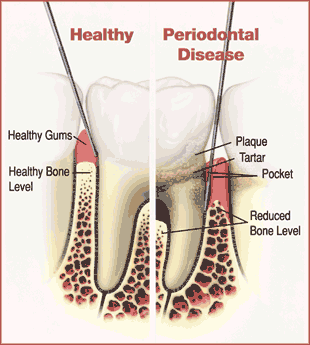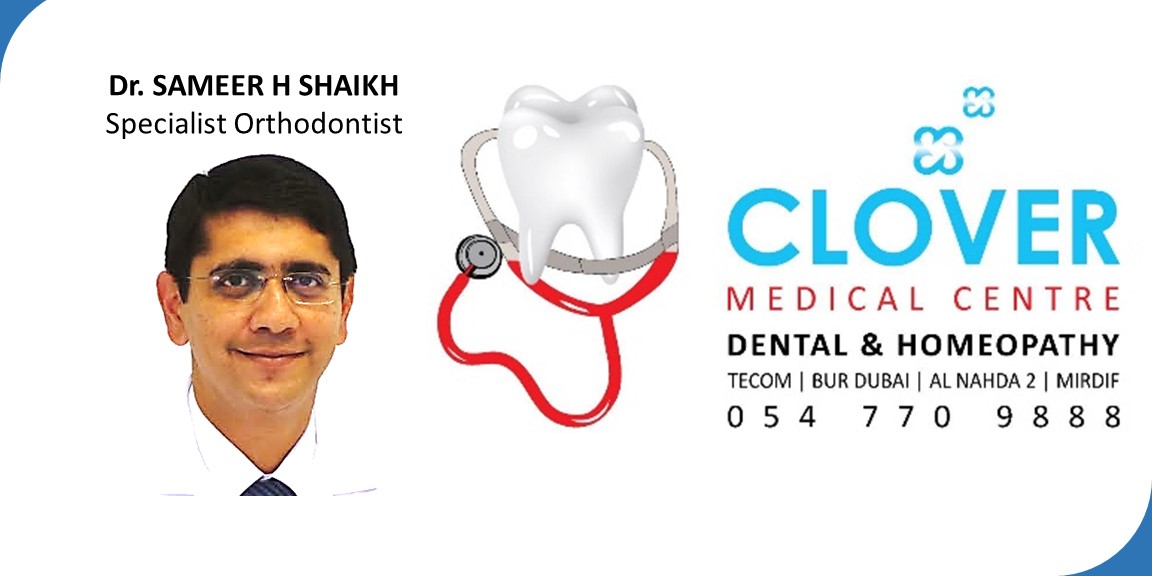Periodontics and Your Teeth

A periodontist is a dental expert in oral inflammation.
“Peri” means around, and “odontal” refers to teeth. Periodontal diseases are problems such as infections that are on the structures surrounding the teeth. Some of the conditions include problems with the bone, gums, periodontal ligaments and the lining of the root (called cementum). All of these issues can lead to severe problems if left untreated.
Periodontics and Your Teeth
Periodontists receive specialized education beyond dental school. They specialize in the diagnosis, treatment and prevention of periodontal diseases, as well as in the placement of dental implants in patients. In some cases, non-severe periodontal issues can be managed by your dentist. However, as more and more research points to a relationship between periodontal disease and other diseases, your dentist may refer you to a periodontist for additional care.
A periodontist will examine your gums and determine if there is any recession. A small dental device called a probe may be used to measure the periodontal pockets, these are the spaces between the teeth and gums. To determine what is happening below the gum line, with potential cysts or bone degeneration, the periodontist may also use x-rays.
Periodontists often look after more severe or problematic dental issues such as those with a complex medical history, or gum disease beyond the scope of what a general dentist looks after. Treatment can include removing damaged tissue, cleaning the infected area of a root and tooth, and maintaining and repairing dental implants.
It is important to look after your oral health as there is more research that indicates your dental health can impact your overall total health.
Make sure to brush and floss your teeth and always schedule regular dental checkups with your dental provider. Keeping bacteria and dental plaque at bay will help your teeth and gums stay healthy and at their best
